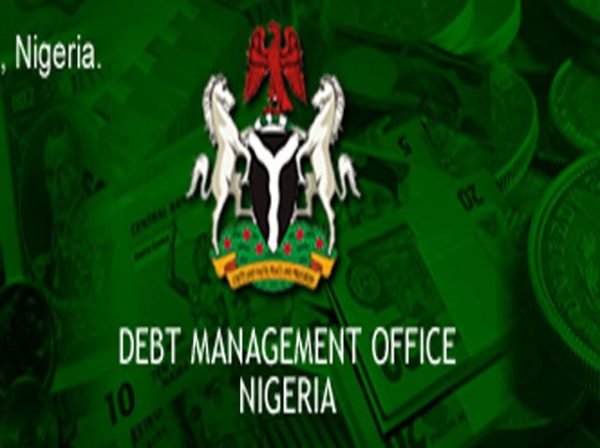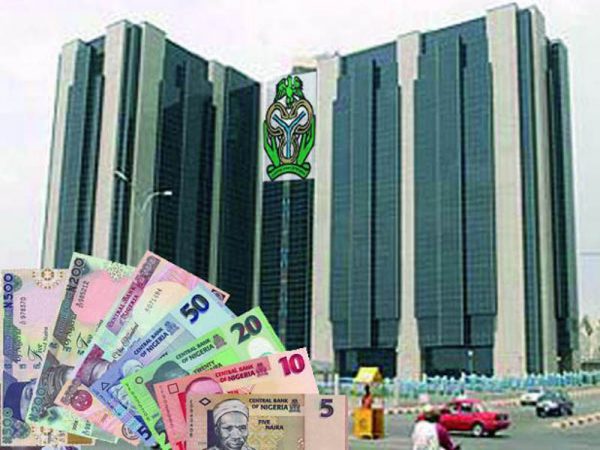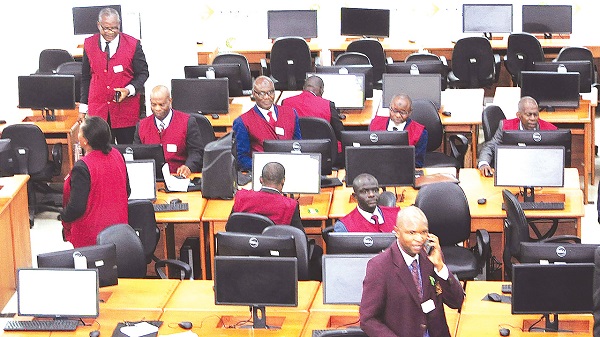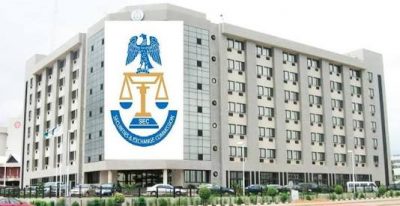CBN Retains Naira, Interest Rates At Policy Meeting
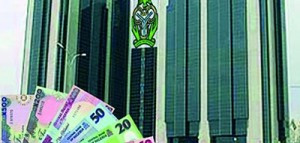 Despite intense pressure from the International Monetary Fund (IMF), the Organised Private Sector and other stakeholders, the Central Bank of Nigeria (CBN), last week kept its benchmark interest rate at 11 percent and left the naira exchange rate fixed at N197 to the dollar in the face of dwindling parallel market rate and complaints from businesses struggling to access foreign currency for imports.
Despite intense pressure from the International Monetary Fund (IMF), the Organised Private Sector and other stakeholders, the Central Bank of Nigeria (CBN), last week kept its benchmark interest rate at 11 percent and left the naira exchange rate fixed at N197 to the dollar in the face of dwindling parallel market rate and complaints from businesses struggling to access foreign currency for imports.
Central Bank Governor, Godwin Emefiele, who addressed the press after the MPC meeting in Abuja, said the 12 members of the Monetary Policy Committee voted unanimously to keep the rate unchanged while holding the cash reserve ratio for commercial banks at 20 percent.
Emefiele also said there was no change in the official naira rate to the dollar despite the tremendous pressure arising from falling oil revenues.
Emefiele said the committee “reiterated its unyielding commitment towards achieving a stable exchange rate regime to ensure more flexibility for sustainable inclusive economic growth in the medium to long term.”
However, following acute forex shortages in commercial banks most businesses are now compelled to go to the parallel market where a dollar Sales for 305 naira in contrast to the official rate of around 197.
In turn, firms have been firing staff to offset the premium they pay to get dollars. In the absence of large non-oil industries, Nigeria needs to import a wide range of goods from milk, machinery to wheat.
With rising unemployment and inflation hitting 9.6 percent in December – a three-year-high – has dried up consumer demand.
On devaluation Emefiele said the apex was already working on different scenarios under different crude prices.”
He also defended controversial forex restrictions on importers covering 41 items in an attempt to preserve Nigeria’s dwindling dollar reserves noting that sales for locally produced food such as fish had risen. “It has been positive,” he said.
He painted a much more positive picture of the economy than many in Nigeria’s business community would wish to believe.
Investors have seen a devaluation for Africa’s largest economy as long overdue, but CBN has so far opted to restrict dollar supplies rather than moving its currency peg, which currently stands at 197 naira to the dollar.
“There is wide room for optimism about the medium to long term macro-economic prospects especially given the clarity in the policy direction of the administration, the various interventions in the real sector, gradual improvements in the power sector and the reinvigorated fight against corruption.”
“Investors will likely remain on the sidelines, given the perceived overvaluation of the FX rate and the still-significant risk of an eventual devaluation,” said Razia Khan, head of Africa research at Standard Chartered told Reuters yesterday.
Nigeria’s three-month dollar/naira non-deliverable currency forwards fell over 7 percent.
President Muhammadu Buhari raised speculation of a devaluation when he said in December there would be some flexibility with the naira rate.
Alan Cameron, economist at Exotix in London, said Nigeria would not run out of reserves any time soon.
“But the question is how much of a spread between official and parallel exchange rates will they tolerate,” he said.




